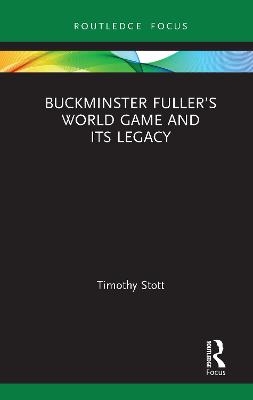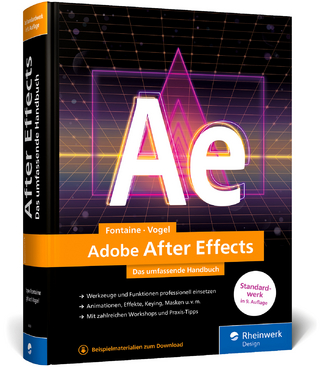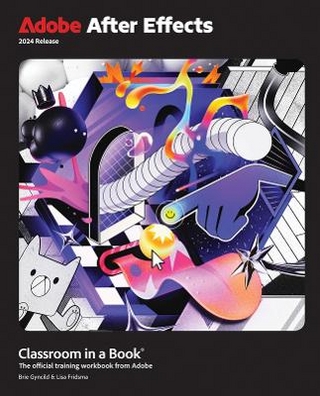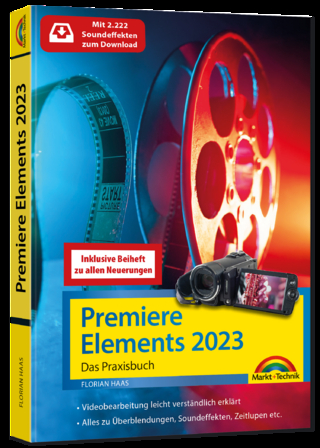
Buckminster Fuller’s World Game and Its Legacy
Seiten
2021
Routledge (Verlag)
978-0-367-48390-6 (ISBN)
Routledge (Verlag)
978-0-367-48390-6 (ISBN)
This book studies R. Buckminster Fuller’s World Game and similar world games, past and present.
Proposed by Fuller in 1964 and first played in colleges and universities across North America at a time of growing ecological crisis, the World Game attempted to turn data analysis, systems modelling, scenario building, computer technology, and information design to more egalitarian ends to meet human needs. It challenged players to redistribute finite planetary resources more equitably, to ‘make the world work’. Criticised and lauded in equal measure, the World Game has evolved through several formats and continues today in correspondence with debates on planetary stewardship, gamification, data management, and the democratic deficit. This book looks again at how the World Game has been played, focusing on its architecture, design, and gameplay. With hindsight, the World Game might appear naïve, utopian, or technocratic, but we share its problems, if not necessarily its solutions.
Such a study will be of interest to scholars working in art history, design history, game studies, media studies, architecture, and the environmental humanities.
Proposed by Fuller in 1964 and first played in colleges and universities across North America at a time of growing ecological crisis, the World Game attempted to turn data analysis, systems modelling, scenario building, computer technology, and information design to more egalitarian ends to meet human needs. It challenged players to redistribute finite planetary resources more equitably, to ‘make the world work’. Criticised and lauded in equal measure, the World Game has evolved through several formats and continues today in correspondence with debates on planetary stewardship, gamification, data management, and the democratic deficit. This book looks again at how the World Game has been played, focusing on its architecture, design, and gameplay. With hindsight, the World Game might appear naïve, utopian, or technocratic, but we share its problems, if not necessarily its solutions.
Such a study will be of interest to scholars working in art history, design history, game studies, media studies, architecture, and the environmental humanities.
Timothy Stott is Associate Professor in Modern and Contemporary Art History, Department of History of Art and Architecture at Trinity College Dublin, the University of Dublin.
List of Figures; Preface; Acknowledgements; 1. Aboard Spaceship Earth; 2. The First World Game Seminar; 3. Ecogame; 4. Ecologies of the Future; 5. World Gaming; Conclusion; Bibliography; Index
| Erscheinungsdatum | 01.07.2021 |
|---|---|
| Reihe/Serie | Routledge Focus on Art History and Visual Studies |
| Zusatzinfo | 15 Halftones, black and white; 15 Illustrations, black and white |
| Verlagsort | London |
| Sprache | englisch |
| Maße | 138 x 216 mm |
| Gewicht | 453 g |
| Themenwelt | Kunst / Musik / Theater ► Design / Innenarchitektur / Mode |
| Kunst / Musik / Theater ► Kunstgeschichte / Kunststile | |
| Informatik ► Grafik / Design ► Film- / Video-Bearbeitung | |
| Naturwissenschaften ► Biologie ► Ökologie / Naturschutz | |
| ISBN-10 | 0-367-48390-4 / 0367483904 |
| ISBN-13 | 978-0-367-48390-6 / 9780367483906 |
| Zustand | Neuware |
| Informationen gemäß Produktsicherheitsverordnung (GPSR) | |
| Haben Sie eine Frage zum Produkt? |
Mehr entdecken
aus dem Bereich
aus dem Bereich


